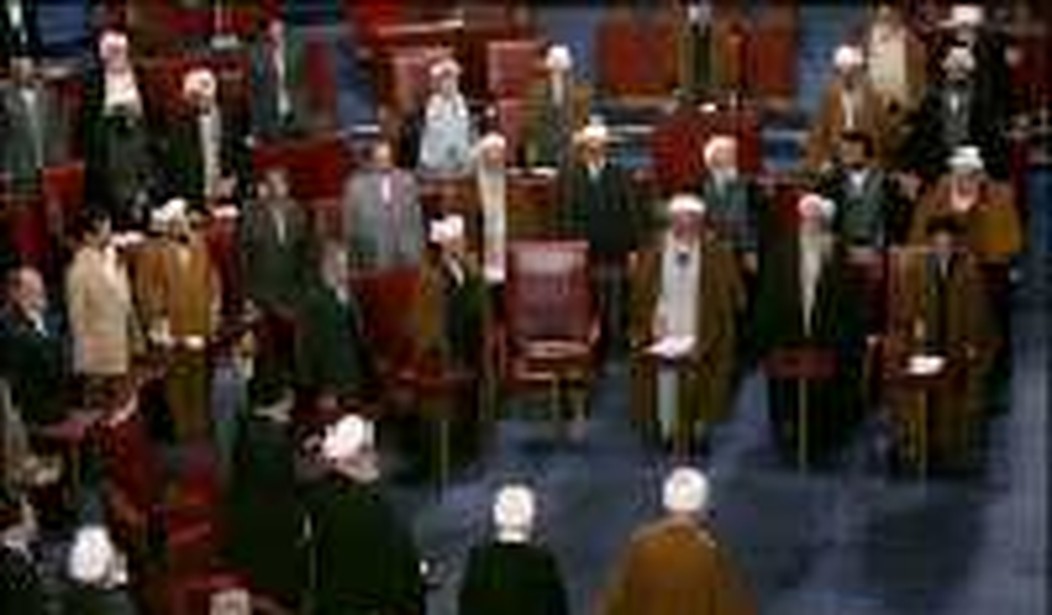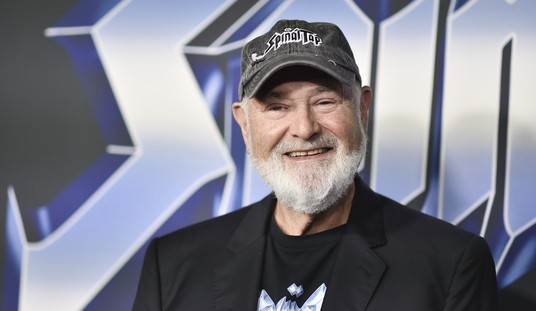The Assembly of Experts is one of the more powerful political institutions in Iran. Its main job is to appoint Iran’s Supreme Leader, supervise his performance, and if it deems suitable, to dismiss him.
Some have compared its task to that of the College of Cardinals in the Vatican who has the responsibility of choosing the next pope. All of the assembly’s 86 members are either Ayatollahs or Hojjatoleslam (one rank below). To be considered as a member, each cleric must show relative “ejtehad”. This qualification permits an Islamic cleric with the religious authority to interpret Islamic law, a qualification which takes many years of study and experience.
The Assembly of Experts is also one of the more secret political organizations in Iran. Its candidates are first vetted by the Ministry of Interior and then the Guardian Council for their political allegiance. Those who get through have to go through religious exams, and if they pass, they can then participate as candidates in elections which take place every eight years. Assembly members meet at least twice a year behind closed doors. Unlike the Majlis, (parliament), no reporter is allowed inside the building during its meetings. No one is sure exactly what is said during the sessions. The only glimpse the public gets of its activities is a carefully crafted statement at the end of its meeting, which can only be issued after its contents have been vetted and approved by the chairman. In most cases, the statement reiterates the loyalty of the Assembly of Experts to the government, and at best, makes a fleeting reference to one of the less controversial subjects which was debated.
On September 4, current members of the the Assembly of Experts will meet to choose their new leader. This is a significant occasion, as their choice will most probably reflect the core beliefs and level of political leniency of Iran’s next Supreme Leader.
The last election for this important body was held on December 15, 2006. The biggest winner was the conservative block of Jameatin, which was formed from a coalition of members of Jame’e Rohaniyate Mobarez (The Society of Combative Clerics) and Jame’eye Modaresine Hoze’ Elmiye Ghom (Society of Seminary Teachers of Qom). An overwhelming number of members from this coalition belong to the conservative wing of politics and want to maintain the political status quo.
Some of its extreme right wing members, such as Ayatollah Mesbah Yazdi, tried to bring in more of their supporters to the assembly but failed. A majority of Assembly of Experts members and the Iranian public who choose them do not want to see extremist clerics near the realm of such a body, which has the important task of choosing Iran’s next supreme leader.
One of the most well known faces of this organization was its head, Ayatollah Meshkini. He led the Assembly for the last 16 years, until his death on July 30th 2007. The competition between assembly members to replace him started even before his body was lowered into his grave.
The first person who darted from the starting line was the extremist Ayatollah Mesbah Yazdi. He is nicknamed “Professor Crocodile” because of his extremist right wing views, and the fact that Mesbah rhymes with Temsah, which means crocodile in Farsi. His supporters started campaigning around the seminaries of Qom on July 31st. By August 4th, he got his first official endorsement from Ayatollah Abolghasem Khez Ali, who represents the Khorasan province in the Assembly. In an official statement, Ayatollah Khez Ali said, “The head of this assembly should be someone who will work for the Supreme Leader, who has the highest position, and for the people. Mesbah Yazdi deserves to be the head of Assembly of Experts, and if he accepts this position, he can replace Ayatollah Meshkini”.
To Mesbah Yazdi’s disappointment, this is as far as his endorsements went. His previously made radical statements such as “introducing democracy to Iran is like injecting AIDS to a healthy body” had made him too many enemies. Things got so bad that a few days after Meshkini’s death Ayatollah Ahmad Khatami, the designated leader for Tehran’s Friday prayer, issued a statement denying any connection to Mesbah Yazdi because an article in Aftab news had suggested that the two are allies.
In a politically smart move, Mesbah Yazdi decided to cut his losses and to throw his weight behind another candidate, Ayatollah Yazdi, who is a former head of Iran’s judiciary. Although Yazdi is not as extremist as Mesbah Yazdi, compared to other candidates, he is more in line with Mesbah’s thinking that the Supreme Leader should only be answerable to God, and that religious qualifications count more than political experience and prudence when electing the supreme leader. It is expected that Yazdi will be supported by other conservative candidates such as Ayatollah Jannati (head of Guardian Council) and Ayatollah Momeni.
Meanwhile the more moderate members of the conservative camp, which include Ayatollah Shahroudi (current head of judiciary), Rafsanjani (head of Expediency Council) and Vaez Tabasi (nicknamed Sultan of Khorasan, as he is the head of Astane Qods Razavi Bonyad, a multi-billion dollar foundation based in Mashhad) seem to be taking the opposite approach.
Instead of coming together and forming a solid front, each one is using whatever power he has in his hand to boost his own chances. Rafsanjani is relying on former allies such as Ali Fallahian (former head of Iran’s secret services) and Hassan Rowhani (former head of Supreme National Security Council) to issue endorsing statements for him. Aftab news, Rafsanjani’s news website, is also providing maximum backing. Meanwhile the Iraqi born Ayatollah Shahroudi is receiving the support of Baztab news, affiliated with Mohsen Rezai (former head of the Islamic Revolutionary Guards), who in a very flattering article published on August 13 sang his praises as a leader and as an expert. Rezai’s support is very timely for Shahroudi since Fars news, which is affiliated with the judiciary, has decided to divide its support between him and Yazdi. Meanwhile Ayatollah Vaez Tabasi has enlisted the help of Entekhab news, which citing “credible sources,” claims that according to a recent survey between Assembly members, Vaez Tabasi is most popular candidate to replace Meshkini.
In a further effort to boost Tabasi’s chances, Entekhab News published a follow up article in which it stated that the presidential elections of 2005 showed that there are “obstacles” in Rafsanjani’s desire to be elected for high positions of power. Therefore, “even some of Rafsanjani’s allies have realized that he could not become the head of the Assembly of Experts” and thus have decided to back Vaez Tabasi. “Obstacles” most probably mean the current Supreme Leader Ayatollah Khamenei, who over the years has turned against Rafsanjani. This claim by Vaez Tabasi should not be overlooked. His relationship with Khamenei is very close and goes all the way back to 1953, when both participated in anti-Shah activities in their native Khorasan province.
In all likelihood, the right wing conservatives, headed by Ayatollah Yazdi, will beat moderate conservatives because they seem more united and organized. The infighting between moderate conservatives will most probably mean that Ayatollah Rafsanjani, their best known candidate, will be unable to pull off a ‘Shimon Peres,’ and suddenly emerge as a winner after a string of losses. Unfortunately for the West, this means that the chances for a compromise in the nuclear talks will be less likely, as this group is the one most likely to back such an option.
It is also possible that in true Iranian election fashion, an unknown candidate with a small profile could be a surprise winner, as was the case with Ahmadinejad in 2005. The possibilities for such an eventuality is there, but it is highly unlikely. The Assembly of Experts is not short of famous faces with big egos who are unwilling to allow the less photogenically known to get in their way.
Meir Javedanfar is the co-author of The Nuclear Sphinx of Tehran – Mahmoud Ahmadinejad and the State of Iran. He runs Middle East Economic and Political Analysis (Meepas)









Join the conversation as a VIP Member